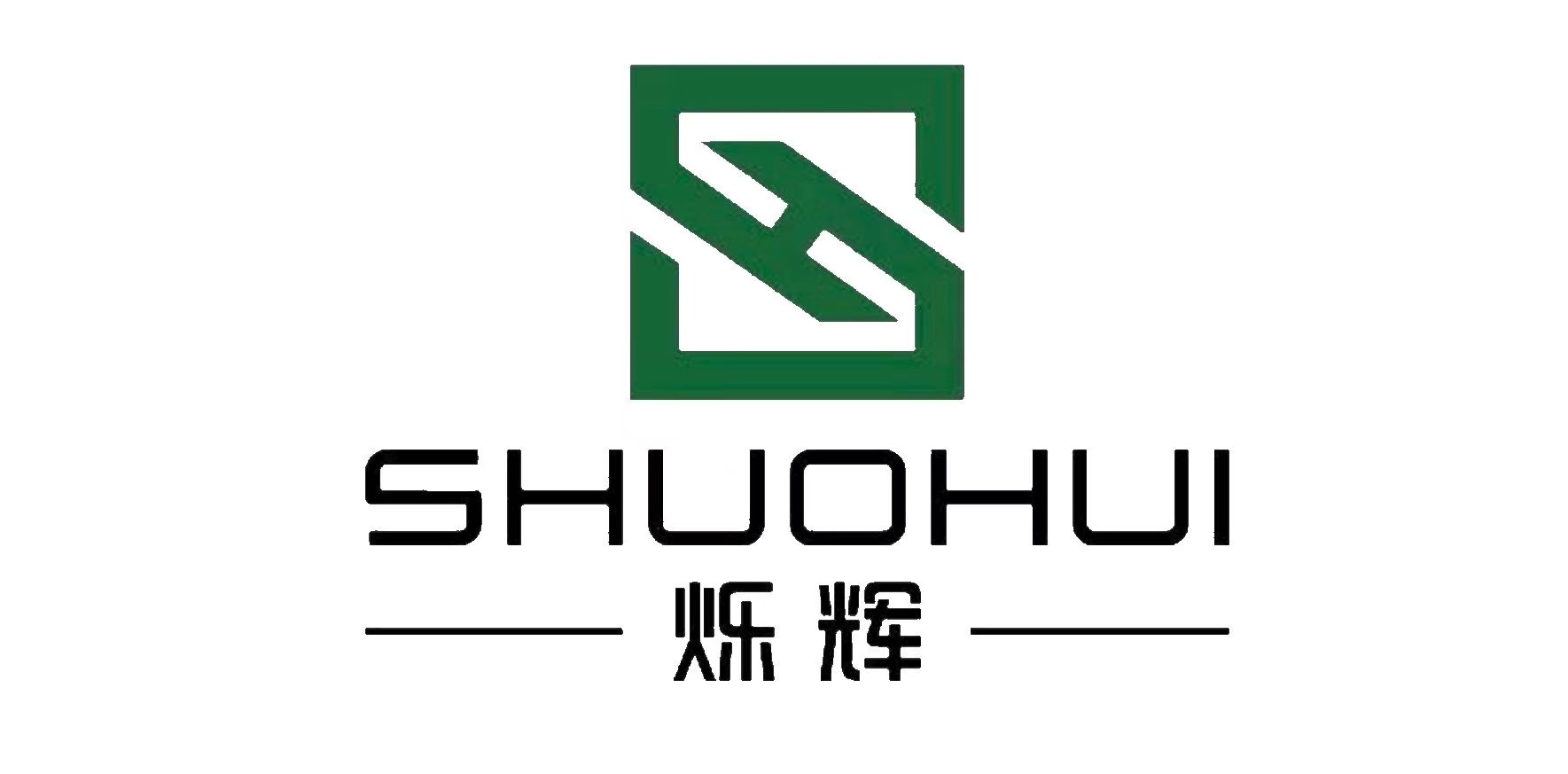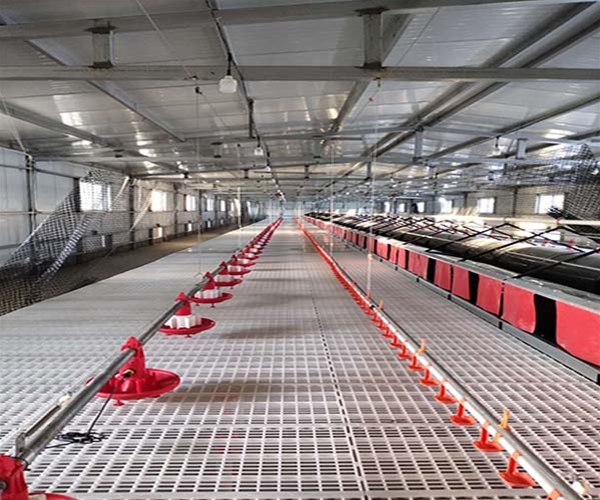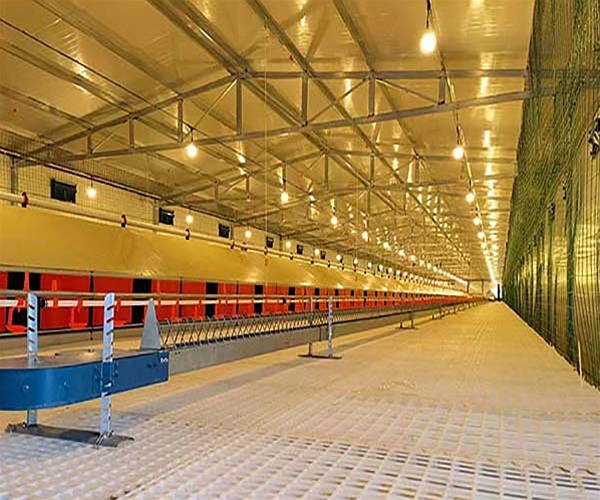Smart Farming System is an innovative solution.With the rapid development of the farming industry and increasing market demand, modern farming enterprises face challenges in improving production efficiency, reducing labor costs, and ensuring both animal welfare and environmental sustainability. This comprehensive farming company, located in the province, successfully expanded its farming scale and improved operational efficiency through its fully automated intelligent farming system and resource utilization systems. The company has set an excellent example for the industry.
Project Overview: Building a Modern Egg Production Base with Smart Farming Technology
This farming enterprise plans to farm 200,000 laying hens annually, with a total investment of 12 million yuan. The farm covers 100 acres of land, with 13,000 square meters of farming space. The goal is to create a highly mechanized, automated, and ecologically sustainable modern egg production base. The company has introduced advanced domestic and international automatic feed mixing and transportation equipment, integrated drinking and environmental control systems, egg collection facilities, and waste treatment systems.
Currently, the company has achieved a fully automated, integrated, and information-driven management model, where mechanical equipment and farming processes blend seamlessly. The integration of mechanized and information-driven farming techniques significantly enhances operational efficiency. This automated production model not only reduces labor costs but also improves the quality of egg production and operational efficiency through the smart farming system.
1. Fully Automated Intelligent Farming Technologies for Enhanced Production Efficiency
The company implemented a range of automated intelligent farming systems. These systems include high-efficiency subsystems that work together to enhance production efficiency. Let’s break down the main components of these systems:
Automated Feeding System
After mixing and proportioning, the feed is transported into a 14-ton large-capacity feed tower. The tower also features automatic weighing functionality. This design ensures long-term stability in feed storage, preventing moisture or temperature fluctuations from affecting feed quality. The automatic weighing system allows precise feed distribution to chickens, reducing feed waste and unnecessary additional costs.
Hen Cage System
The company uses galvanized zinc alloy materials for its 4-tier chicken cages. These cages are reinforced to prevent sagging and to improve ventilation. The high-strength material reduces aging and damage to cages, enhancing their lifespan. This approach lowers maintenance costs and improves overall cage stability.
Egg Collection and Conveyor System
The company utilizes the egg conveyor line, paired with vertical screw automatic lifting systems and a 175-meter long egg collection belt. The automated transportation system ensures that eggs are collected without damage, reducing the need for manual handling. This increases the speed and cleanliness of the egg collection process.
Manure Removal System
The manure removal system uses PP material conveyor belts and stainless steel chains, driven by electric motors. This automated system not only reduces labor required for manure removal but also improves efficiency. It helps maintain a clean and hygienic farming environment, minimizing the risk of disease transmission caused by accumulated manure.
Ventilation and Lighting System
The company uses wet curtains, fans, and side windows combined with professional farming lighting systems. These systems simulate sunrise and sunset, optimizing the chickens’ environment. The intelligent ventilation system adjusts internal conditions automatically based on external temperature and humidity data. This ensures a comfortable environment for the chickens and reduces the chances of health issues caused by poor air circulation.
Nipple Drinking System
A complete set of nipple drinkers with automatic regulators and front-end filters. The system ensures chickens have access to clean, sufficient water. Compared to traditional troughs, the nipple system minimizes water waste and maintains water quality, promoting healthy drinking for the chickens.
2. Manure Resource Utilization: Turning Waste into Value
The company has introduced intelligent fermentation tanks to treat manure, turning waste into valuable resources. The fermentation equipment has the following advantages: odor removal, compact size, easy operation, and remote monitoring capabilities. The smart farming system processes up to 10 tons of chicken manure per day. The manure is transported by conveyor belts to a centralized processing area, where it is fermented. Once processed, the manure is either sold as organic fertilizer or applied directly to fields. This method reduces environmental pollution while lowering manure disposal costs.
3. Fully Automated Production Management Line: Smart Farming at Its Best
The company installed a fully automated production management line to achieve intelligent farm management. The central control system consists of:
- An environmental controller
- A touchable control panel
- Multiple sensors (temperature, humidity, CO2 levels)
- A GSM communication module for remote data transmission
With this system, the company monitors key parameters such as temperature, humidity, and air quality in real time. It automatically adjusts ventilation, water, and feed supply based on preset parameters, ensuring optimal conditions for the chickens.
The smart farming system automatically adapts the feeding and water supply according to the chickens’ age, weight, and gender ratio. This reduces feed waste and energy consumption while improving production efficiency. The automated control panel allows real-time monitoring and adjustments to ensure the chickens receive the best care.
4. Key Achievements: Significant Cost Reduction and Increased Production Efficiency
By implementing fully automated intelligent farming technologies, the company achieved significant improvements:
Reduced Labor Costs
Before the automation, six workers were required to manage 40,000 hens. Now, only one worker is needed to oversee the central control system. This major reduction in labor costs allows the company to reinvest in other areas like equipment upgrades.
Improved Production Efficiency
The automation system reduces manual intervention while enhancing egg production efficiency and quality. Intelligent feeding and environmental control help maintain the chickens’ health, leading to higher egg production rates.
Enhanced Farming Environment
The intelligent control system helps regulate temperature, humidity, and air quality in the poultry house. This reduces disease rates and increases egg production. Chickens live in a more comfortable environment, minimizing health problems caused by poor air circulation.
Increased Annual Output and Sales
Currently, the company produces 2,300 tons of Lanwang Lanfey eggs annually. Annual sales exceed 20 million yuan, and the company earns 2.5 million yuan in profits. With improved production efficiency and high egg quality, the company has strengthened its position in the market.
Conclusion: The Future of Smart Farming: Sustainable, Profitable, and Scalable Solutions
Through the full integration of intelligent farming technologies, the company has not only improved production efficiency and environmental quality but has also set a leading example in the poultry industry within the province. By adopting smart farming systems, the company has significantly reduced labor costs while optimizing the farming environment and achieving improved production efficiency and economic benefits. As technology continues to evolve, the company is poised to further promote green ecology and sustainable development in larger-scale farming operations.
If you would like to learn more about smart farming solutions or need to upgrade your farm, please feel free to contact us and begin your journey toward modern farming!


